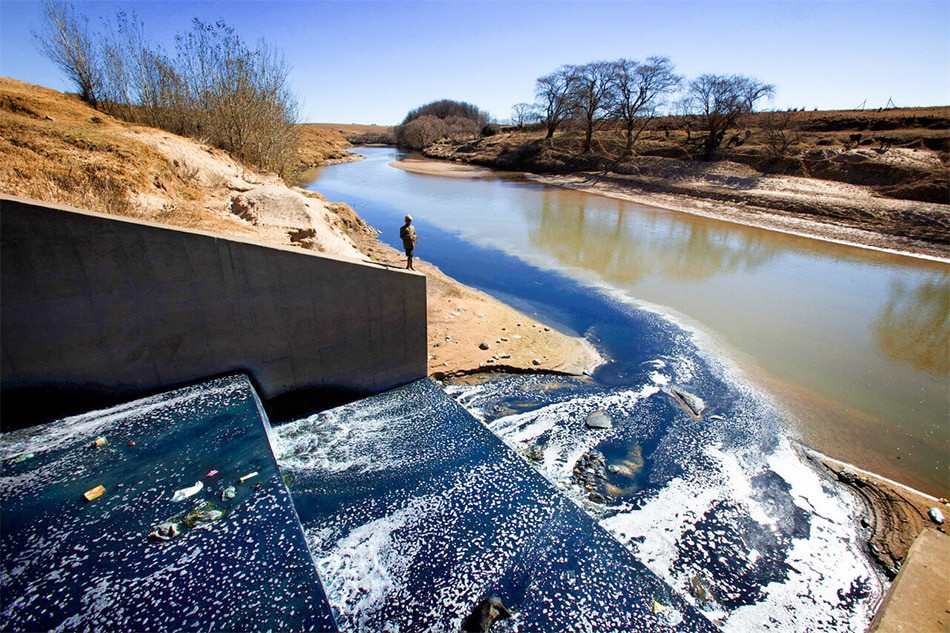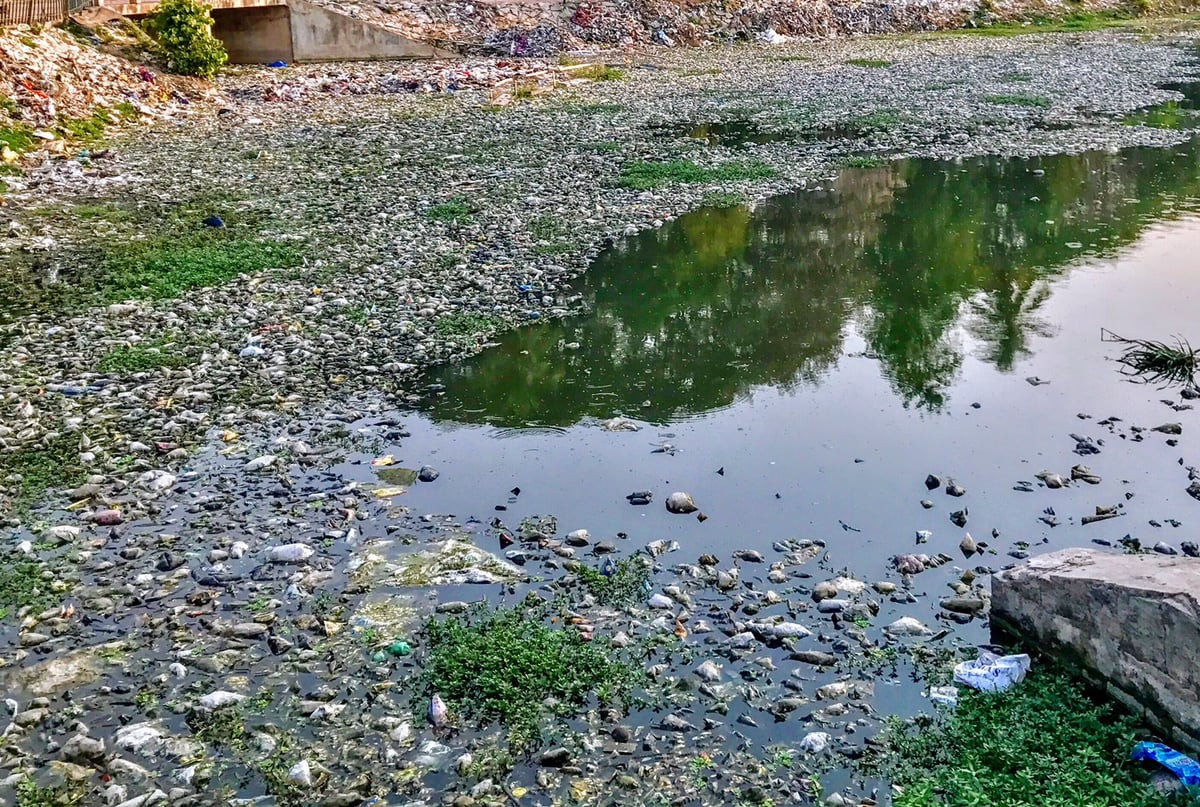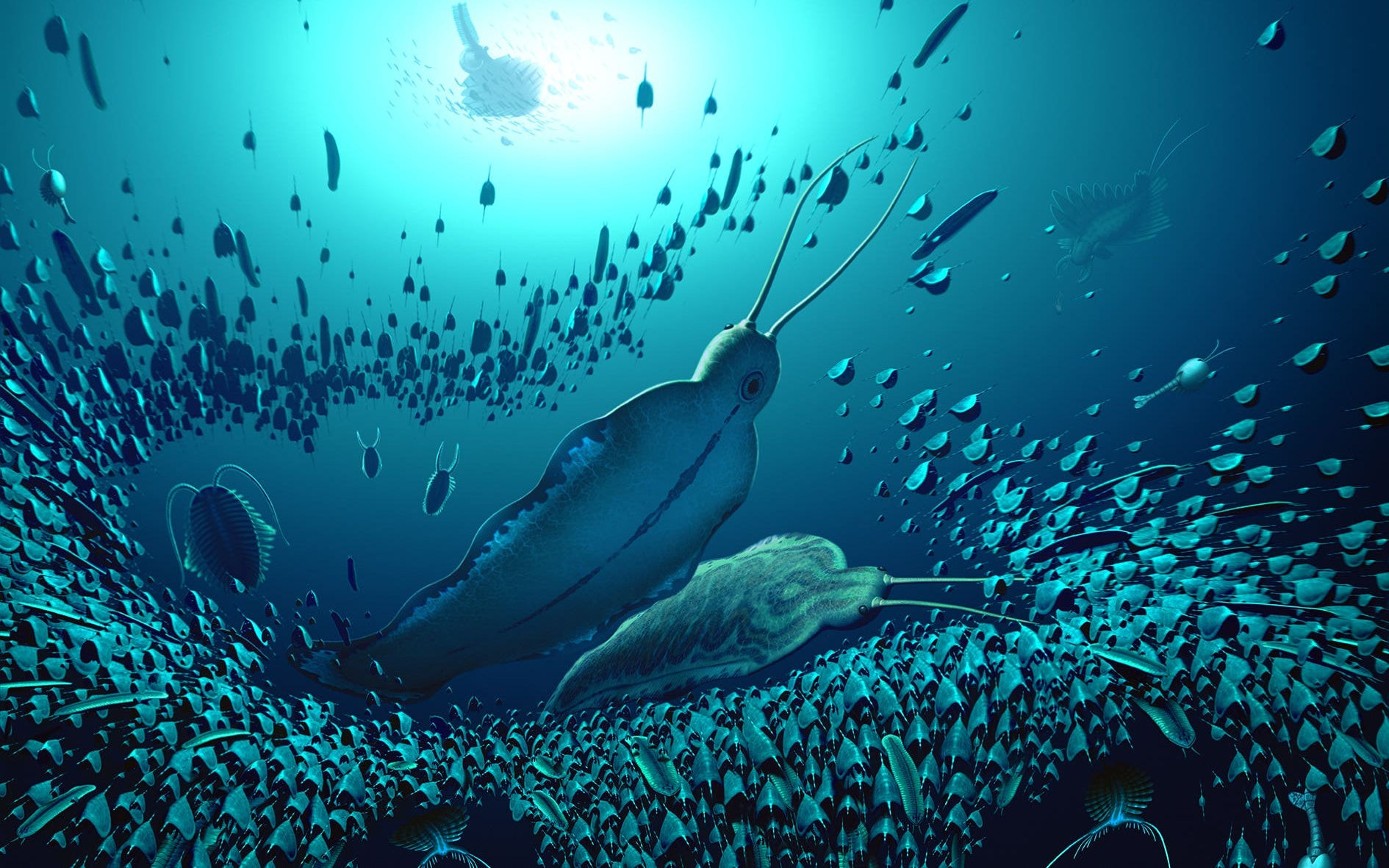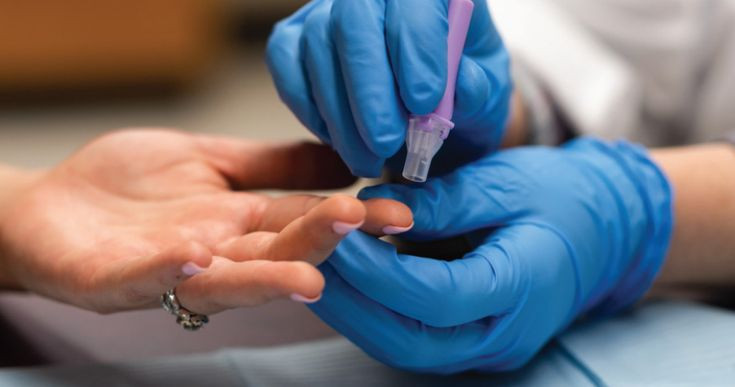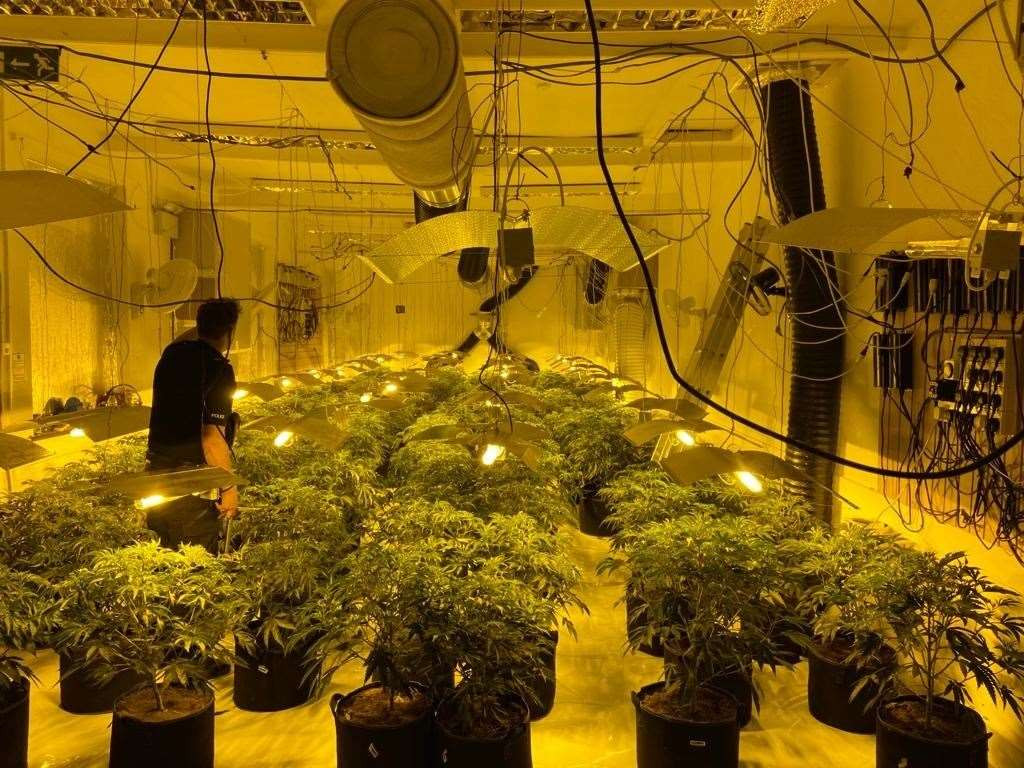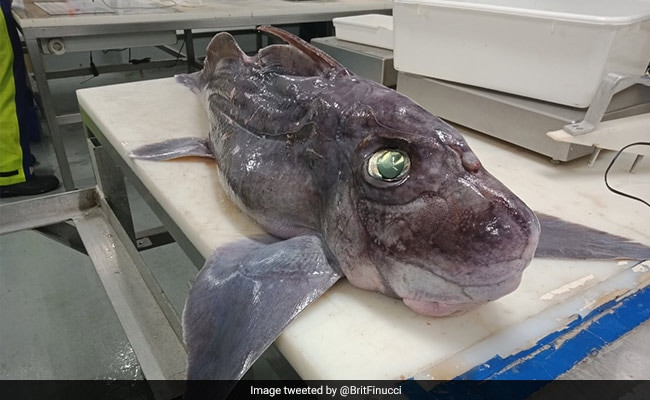Public outrage over river pollution has been heartening to see. Over the past few years, stories about sewage contamination in rivers have captured public attention, and prompted campaigns and protests, such as the forthcoming River Action UK march for clean water on 26 October in London. It is important to protect our rivers because they are biodiversity hotspots and essential for human health. However, as a freshwater ecologist, I know there is more nuance to the story than you may have been led to believe. From my perspective, there is some good news when it comes to our rivers. I would even say that some rivers in England are in the best state they have been in for hundreds of years.
Many rivers in England are polluted, but we need to recognise that this is not an emerging issue but a much longer-standing one that has been largely ignored by the media and politicians for decades. Much of the recent furore over pollution has to do with increased awareness, rather than a sudden increase in pollution itself. It’s only by understanding how these ecosystems have changed over time and reflecting on previous successes that we can make real progress.
The Illusion of Decline
It has been widely reported that English rivers have gone from 97% being classified as having “good chemical status” in 2016 to none in 2019. Across England, the Environment Agency monitors water quality by directly measuring some pollutants and characterising the life in the river. This data is then used to classify our rivers’ water quality: “high”, “good”, “moderate”, “poor” or “bad”. However, rather than water quality actually declining this drastically within this timeframe, the way we measure it has changed – this perceived decline is an artefact of the data. From 2019, new chemicals were included in the testing, among them “ubiquitous, persistent, bioaccumulative, toxic substances”, which accounts for this major change.
The media has also reported increases to the number of “sewage spills” – when raw sewage (rather than treated sewage) is pumped into our seas, lakes, and rivers. In 2016, data was only available from 862 storm overflows, with this increasing to 6,182 in 2018, 12,092 in 2020, and 13,080 in 2022. Of course, the thought of any raw sewage entering water bodies is disgusting and we should work to reduce this to zero by updating our Victorian wastewater infrastructure. The point, though, is that the problem may have not got worse in recent years – it is just that we are only now looking for it properly.
A Closer Look at Invertebrates
Other measures of water quality show that some things have actually improved. For instance, many invertebrates can only survive when pollution levels are low, so assessing what species are present provides a quick and cheap way of measuring water quality. Various metrics are calculated from data of invertebrate counts – and a higher score means the water is cleaner. Using this data (and associated metrics on algae, fish, hydrology and nutrients), only 15% of rivers in England re currently classified as “good ecological status”, which sounds pretty terrible, especially as this has declined from 24% in 2009.
However, there are a few factors to consider. First, a robust analysis of 223,300 sampling points of the invertebrate data by researchers at the UK Centre for Ecology & Hydrology, using records from 1989 to 2018, showed that invertebrate biodiversity has increased over time across England regardless of river size and land cover. Although this trend has slowed in some cases in the last 20 years, the headline here is that more wildlife is being found in our rivers now than there was three decades ago. For instance, the mayfly, stonefly, and caddisfly families (which are particularly sensitive to water quality) have increased by 300% during that time period.
The "One Out, All Out" Rule
Second, the way rivers are classified uses a “one out, all out” rule. This means that rivers only have to fail on one of 20 metrics to be downgraded from “good” to “moderate” ecological status. In other words, the metric with the worst score determines the overall status. So, overall water quality can be more positive than it initially seems. The increase in river invertebrate biodiversity across England is good news and it shows how far we have come in improving water quality in my lifetime.
The Impact of Sewage Treatment
At least in part, this can be linked to improvements in sewage treatment causing declines in nutrient pollution, with research showing a large decline in phosphate concentrations from 1997. This followed the European Union’s 1991 urban waste water treatment directive, which tightened laws and forced water companies to improve the treatment of wastewater. However, nutrient levels are still higher today than they would naturally be due to sewage and agricultural practices, so there is still work to be done. Some of my group’s own research has shown that additional reductions of phosphorus from improved sewage treatment would be the most effective way to further benefit biodiversity.
The Storm Overflow Debate
Water companies do need more scrutiny as there is evidence to suggest that they often still breach their licences. They are only supposed to release raw sewage when there is high rainfall. If this reaches such a critical level that the sewage would back up and risk coming out the wrong way, so to speak, water companies are legally allowed to release the untreated waste. With the growing public concern, laws are starting to tighten on this, hence the increase in monitoring data. Only time will tell, as the data from the new network of event duration monitoring devices that are on all storm overflows (as of 2023) is analysed. While we need to limit the use of storm overflows, at the moment we cannot confidently claim that these are, in fact, being used more often now than they have been in the past. This is not to diminish the problem, only to say that it may not be a recent one.
The Next Challenge: Emerging Pollutants
There are still reasons to protest at events such as the River Action UK march. I will certainly be there. Despite the improvements to nutrient concentrations and biodiversity, there are emerging chemical pollutants and we have very little information on their impacts. This is where I think the concerned public should now turn their attention. These pollutants are typically household and medical products that go down the drain and are not removed at wastewater treatment plants, such as beauty products and pest treatments. Globally, freshwater ecosystems – which act as hotspots for biodiversity – are one of the most threatened ecosystems on the planet. They are also often overlooked in legislation – so don’t stop campaigning, just make sure you represent the facts correctly so that we can make real actionable change.
A Call to Action: Beyond The Hype
The public outcry about river pollution has been a vital catalyst for change, but it's important to remember that the story isn't as simple as headlines might suggest. While challenges remain, we've made progress, and with continued vigilance and informed advocacy, we can ensure the health and vitality of our rivers for generations to come.




